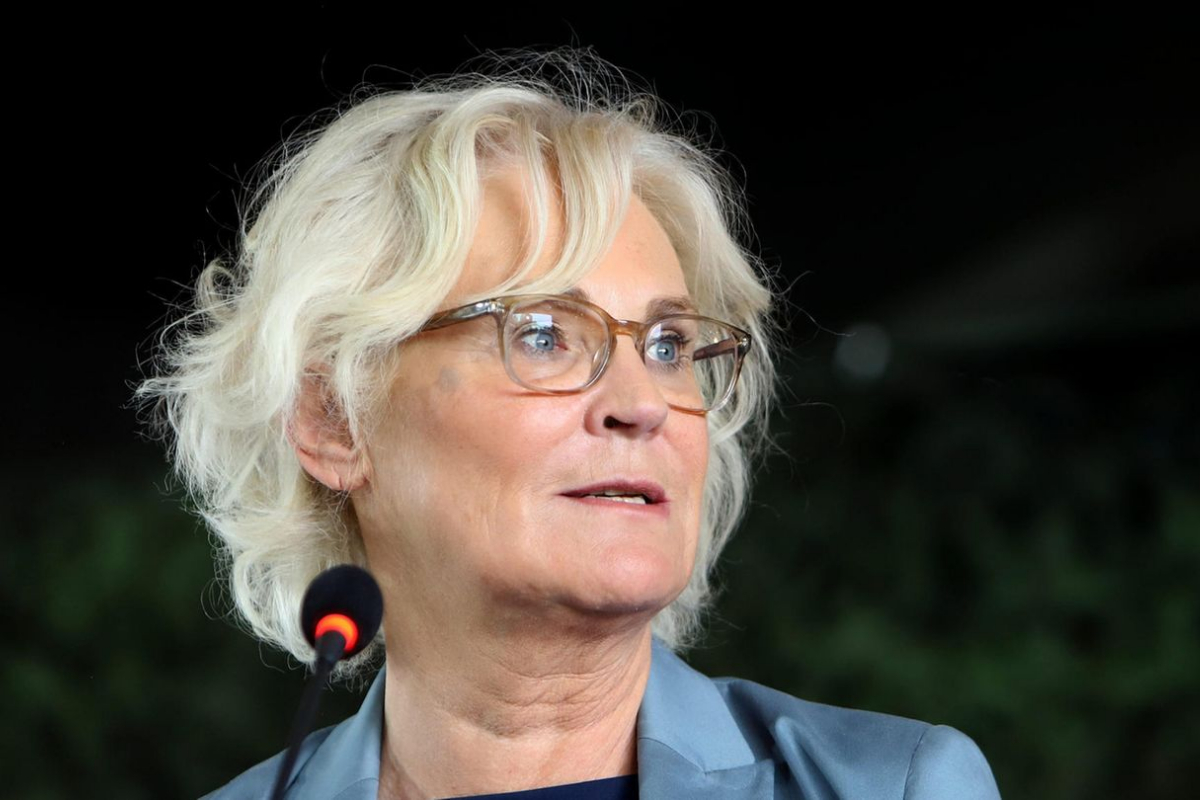- Germany is concerned about China’s military buildup and drills with Russia.
- Germany is increasing its presence in the Indo Pacific to signal its commitment to a rules-based order.
- Last year, Berlin sent its first warship in almost 20 years to the disputed waters of the South China Sea
Germany is concerned about China’s military buildup and drills with Russia, while increasing its presence in the Indo Pacific to signal its commitment to a rules-based order, according to the country’s defence minister.
Germany’s current focus on the Ukraine war does not mean it can ignore security developments elsewhere, whether on its doorstep in the West Balkans or in the Indo-Pacific, said Christine Lambrecht in a Berlin defence ministry interview. Invasion could occur anywhere.
“We are naturally observing China’s build-up with concern and are observing very exactly every single step there,” Lambrecht said.
Germany is increasingly joining other Western nations in showing more muscle in the Indo Pacific region amid growing alarm over Beijing’s territorial ambitions, even at the risk of irking its top trade partner.
Last year, Berlin sent its first warship in almost 20 years to the disputed waters of the South China Sea and this month it sent 13 military aircraft to joint exercises in Australia
“Through our presence and participation in the exercises we are sending clear signals,” said the minister. “We are on the side of the partners who stand for a rules-based order.”
She explained that because each military has its own equipment, countries must practise together to identify and solve any problems. The Australia drills had been “very constructive,” demonstrating that Germany could meet its commitments to regional partners as well as the North Atlantic Treaty Organization.
When asked if Germany would send a warship through the Taiwan Strait, Lambrecht replied: “It’s not about inciting or escalating the situation… Instead, we will de-escalate the situation.”
Germany’s relationship with China has long been based on mutually beneficial business exchange, with China’s rapid economic expansion fueling its own expansion.
However, Lambrecht stated that Germany had learned from the energy crisis caused by Russia’s invasion of Ukraine not to be overly reliant on any one country.
“We must now become more independent in other sectors, not just energy, to be able to act freely,” said Lambrecht. “We are bound to China through economic relations but that must not stop us from taking clear positions on certain decisions.”
[embedpost slug=”germanys-military-forces-must-become-best-equipped-in-europe-says-scholz/”]





















